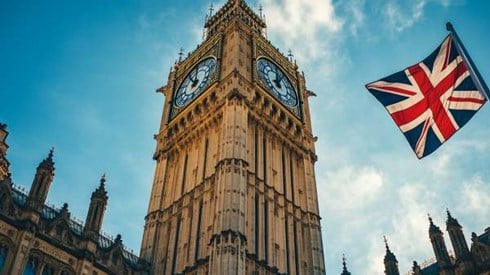UK Captive Insurance and ILS Reforms Credit-Neutral but Pose Long-Term Risks

July 24, 2025

The UK government's proposed reforms to its insurance-linked securities (ILS) and captive insurance frameworks are credit-neutral for London market insurers in the short term, according to Fitch Ratings. Existing regulatory standards will remain in place until at least 2027, but the changes may raise systemic risks over time by shifting exposures to less transparent segments of the market.
Announced alongside broader regulatory easing for the UK banking sector, the reforms are part of a strategy to boost the competitiveness of the country's financial services industry. They aim to align UK rules more closely with those of jurisdictions such as Bermuda and the United States for ILS, and France and Canada for captives.
The proposals are designed to attract business previously booked abroad, rather than encouraging significant changes in insurers' risk appetites. Fitch said insurers are likely to continue acting as arrangers or facilitators for ILS and captive insurance structures, maintaining some control over underwriting and risk oversight.
Key elements of the reform package include lower capital requirements for ILS vehicles and captive insurers, reduced fees, faster authorizations, and lighter reporting burdens compared with fully licensed insurers. The Financial Conduct Authority and Prudential Regulation Authority are expected to define new rules for captives following a consultation in 2026, with implementation targeted for mid-2027.
Fitch cautioned that once in place, the new framework could allow risks to accumulate outside the core regulated insurance sector. Market transparency could decline as exposures move to institutional investors funding ILS vehicles or to corporates using captives under lighter supervision. This shift might gradually disintermediate the non-life insurance industry and complicate risk tracking and concentration assessments.
A central feature of the reforms is the distinction between direct writing and reinsurance captives. Direct writing captives will be subject to stricter oversight, while reinsurance captives, which typically work through authorized insurers, will face lighter regulation.
The proposals also extend the functionality of transformer vehicles, permitting them to take on risk from multiple counterparties, including noninsurers. Protected cell companies will likewise be allowed to accept risk from multiple entities, making captive arrangements more accessible, especially for small and midsized enterprises. While this flexibility could broaden market participation, Fitch warned it may also increase the potential for contagion between cells.
Certain insurance lines will remain outside the scope of the new regime. UK-domiciled captives will not be permitted to write life insurance directly, though group life fixed-term policies could be considered under future regulation. Compulsory lines such as employer's liability and motor insurance will also be excluded from direct coverage but may be allowed on a reinsurance basis through a fully authorized insurer.
July 24, 2025
